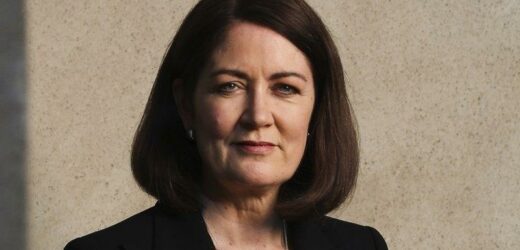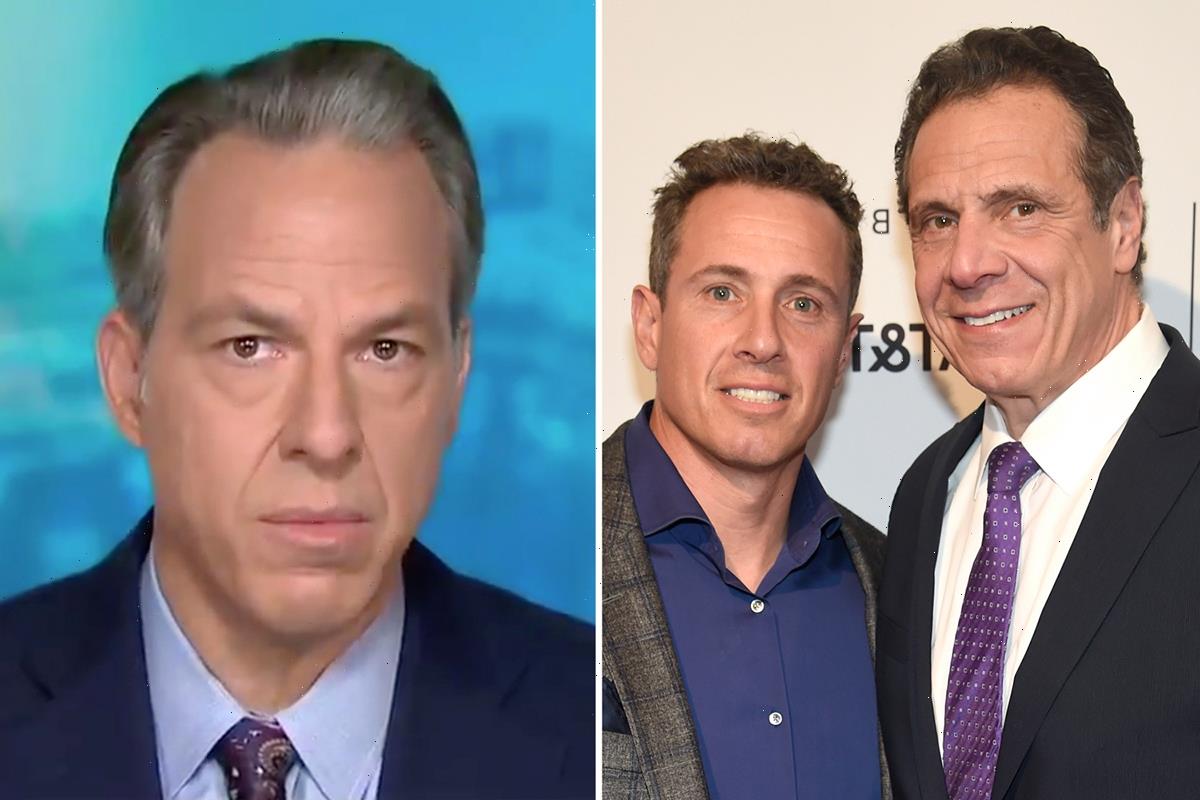Liberal Senator and former 7.30 journalist Sarah Henderson says the behaviour of some ABC employees on social media is undermining the public broadcaster’s independence and posting political opinions on Twitter should be a sackable offence for ABC reporters.
Senator Henderson said professional standards had declined considerably since her almost decade-long career at the ABC in the 1990s, and branded the broadcaster’s social media policy “woefully inadequate”.
“The sort of conduct permitted by current ABC management would have been a sackable offence 25 years ago,” Senator Henderson told The Sydney Morning Herald and The Age.
Liberal Senator Sarah Henderson, a former Walkley-award winning ABC journalist, says ABC management are failing to uphold the broadcaster’s independence by allowing journalists wide-ranging freedom to comment on social media.Credit:Alex Ellinghausen
“I remain a very strong supporter of the ABC, but the national broadcaster is failing in its obligation to uphold the highest journalistic and editorial standards.”
Senator Henderson has added her voice to the debate about whether ABC journalists and staff should be allowed to post opinions on political or contentious issues on Twitter, which was sparked by a since-deleted tweet by ABC chief political correspondent Laura Tingle last year, accusing the federal government of “ideological bastardry”.
“When I worked at the ABC, Laura Tingle’s trolling of a prime minister, whether Liberal or Labor, would have been a sackable offence,” Senator Henderson said.
“Other than personal and family matters and the republication of ABC stories, ABC journalists should not be permitted to publish material on social media unless it is authorised for publication in accordance with the ABC’s editorial standards.”
Tingle’s tweet, made in the context of farewelling an ABC colleague in October amid a string of redundancies across the company, said: “We grieve the loss of so many of our colleagues to government ideological bastardry. Hope you are feeling smug @ScottMorrisonMP.”
ABC Managing Director David Anderson, who has repeatedly defended the robustness of the ABC’s code of conduct and its social media policy, told a Senate estimates hearing last year that Tingle’s tweet was an “error of judgement” but said its deletion meant no further action was necessary.
Senator Henderson also criticised ABC management for allowing in-house lawyer Sebastien Maury to resign, rather than sacking him, over tweets in which he called the Morrison government “fascist” and the Prime Minister an “awful human being”.
Senator Henderson worked as an ABC journalist between 1989 to 1997, as part of a 16-year career in journalism before switching to law and then politics. While working at the7.30 Report in 1996 she won a Walkley award, among Australian journalism’s most coveted honours, for her coverage of the Port Arthur massacre.
An ABC spokesman said the broadcaster “rejects the assertion editorial standards have changed in any way due to the use of social media platforms”.
“ABC staff are not prohibited from expressing views on their personal social media accounts but under the code of conduct they are accountable for those views if they breach the social media guidelines. Breaches of the ABC code of conduct can and have led to disciplinary action,” the spokesman said.
ABC’s social media policy, updated in March, states that all ABC employees’s personal social media activity must meet several key standards, including: not to damage the ABC’s reputation for impartiality and independence, mix the professional and the personal in ways likely to bring the ABC into disrepute, or imply ABC endorsement of their personal views.
A political reporter expressing a strong opinion on a contentious issue they may cover would likely constitute a breach, the policy states.
In a company-wide email in February, Mr Anderson reminded ABC staff of these “short, sharp, common-sense standards”, and said disciplinary action for breaches included possible termination of employment.
Most of the country’s major media companies have social media policies, including News Corp Australia and Guardian Australia. The Sydney Morning Herald and The Age’s policy requires editorial staff to “not editorialise, express personal biases, personally campaign or advocate for (or against) policies or do anything to undermine our reputation and stated objective of being ‘Independent. Always’.”
The British Broadcasting Corporation (BBC), the ABC’s British counterpart, updated its social media policy in October to require staff working in news and current affairs to “not express a personal opinion on matters of public policy, politics, or controversial subjects” . The new standards were implemented by new BBC chief Tim Davie, who caused a stir in his first weeks in the job by declaring he was prepared to “take people off Twitter” as part of the BBC’s crackdown on impartiality breaches.
The ABC has also come under scrutiny for a series of tweets by Four Corners journalist Louise Milligan, which have been seized upon by lawyers for Industry Minister Christian Porter as part of his defamation case against the ABC and Milligan personally.
Mr Porter is not suing directly over tweets, but his lawyers are arguing the tweets support his case that the ABC was “actuated by malice” and acted with the “improper purpose” of harming him in publishing an online story in February about a rape allegation against an unnamed cabinet minister.
In one tweet in March, Milligan said NSW police “were very interested to know if I knew of other complainants against #CabinetMinister. My answer: ‘Not in your jurisdiction’.”
Journalism academic Margaret Simons, an honorary fellow at the University of Melbourne’s Centre for Advancing Journalism, said the recent string of Twitter controversies showed there had been “slippage” in ABC’s management of employees’ social media conduct.
“I think some [ABC] line managers feel like they can’t or shouldn’t interfere. And I would disagree with them on that. But it’s also a matter of individual journalists’ responsibility,” Ms Simons said.
“If a journalist is tweeting something which reflects on the work, which goes further than the published or broadcast work, or which could lead people to suspect that they’re not going to be able to do an unbiased job, then that’s absolutely a problem for journalism ethics and management of journalists.”
But she said this issue was not confined to the ABC.
“I see breaches of that in all media organisations at the moment, and I think that is an issue for management,” Ms Simons said.
Asked by Liberal Senator Andrew Bragg at an estimates hearing last week why the broadcaster would not consider removing journalists from Twitter for breaches, Mr Anderson said: “We can’t supersede people’s civil liberties”.
“People don’t park all their civil liberties at the door on the way through as they come into the ABC,” Mr Anderson told the hearing.
Christa Lenard, a partner at employment law firm Kingston Reid, said employers were limited by legal standards of reasonableness on how far they can mandate or prohibit an employee’s use of social media. A direction ordering an employee to shut down their account would breach those standards, she said.
“That’s overreach outside what an employer can lawfully do. Directing someone to remove a post? Yes. But not to remove their entire content and profile account,” Ms Lenard said.
Most Viewed in Politics
From our partners
Source: Read Full Article



